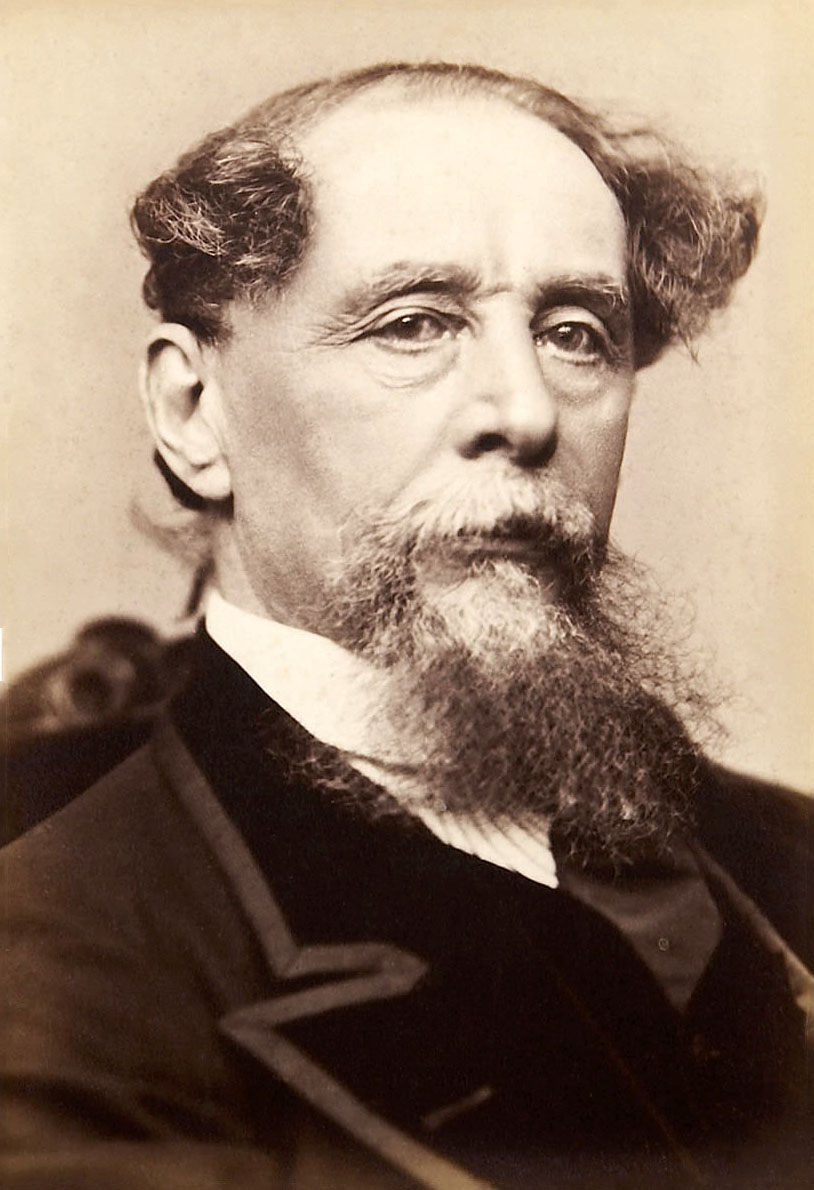For many of us, Christmas – in our imaginations at least – is a distinctly Dickensian affair. Candlelit tables are laden with succulent food and families gather harmoniously for warm stories while merry carolers wend their way along snowy streets. The reality may well be more shop-bought, drizzly and fractious, but our Christmas cards, advent calendars and television series attest to our rather romantic seasonal attachment to all things Victorian.
It has often been said that Dickens invented the holiday as we know it today in A Christmas Carol. Louisa Price, curator of the Charles Dickens Museum based in the author’s first London family home, says that the much-loved story was instantly influential.
Charles John Huffam Dickens (born 7 February 1812 in Hampshire, England and died on 9 June 1870 in Kent, England following a stroke) was an English writer and social critic who created some of the world's best-known fictional characters and is regarded as the greatest novelist of the Victorian era and the literary colossus of his age despite his lack of formal education.
His works enjoyed unprecedented and lasting popularity. By the twentieth century, critics and scholars had recognized him as a literary genius. Dickens's literary success began with an 1836 publication. Within a few years, he had become an international literary celebrity famous for his humor, satire, and keen observation of character and society. His plots were carefully constructed, and he often wove elements from topical events into his narratives.
The term Dickensian is used to describe something that is reminiscent of Dickens and his writings, such as poor social conditions or comically repulsive characters. His novels, most published in monthly or weekly installments, pioneered the serial publication of narrative fiction, which became the dominant Victorian mode for novel publication. The format allowed Dickens to evaluate his audience's reaction and he often modified his plot and character development based on such feedback.
Charles John Huffam Dickens (born 7 February 1812 in Hampshire, England and died on 9 June 1870 in Kent, England following a stroke) was an English writer and social critic who created some of the world's best-known fictional characters and is regarded as the greatest novelist of the Victorian era and the literary colossus of his age despite his lack of formal education.
His works enjoyed unprecedented and lasting popularity. By the twentieth century, critics and scholars had recognized him as a literary genius. Dickens's literary success began with an 1836 publication. Within a few years, he had become an international literary celebrity famous for his humor, satire, and keen observation of character and society. His plots were carefully constructed, and he often wove elements from topical events into his narratives.
The term Dickensian is used to describe something that is reminiscent of Dickens and his writings, such as poor social conditions or comically repulsive characters. His novels, most published in monthly or weekly installments, pioneered the serial publication of narrative fiction, which became the dominant Victorian mode for novel publication. The format allowed Dickens to evaluate his audience's reaction and he often modified his plot and character development based on such feedback.

No comments:
Post a Comment